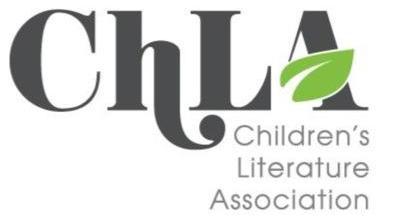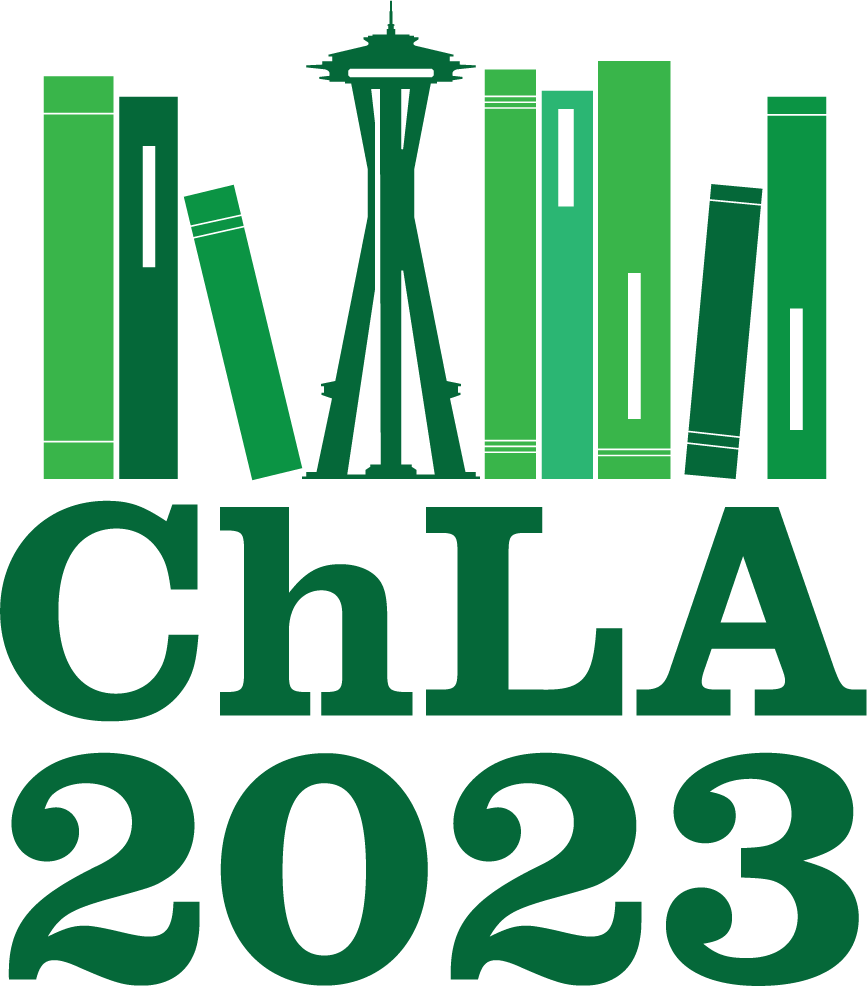- About ChLA
- Committees
- Accessibility Committee
- Anne Devereaux Jordan Committee
- Article Award Committee
- Astrid Lindgren Award Committee
- Book Award Committee
- Communications Committee
- Conference Advisory Committee
- Diversity Committee
- Edited Book Award Committee
- Ethics Committee
- Grants Committee
- Global Committee
- Judith Plotz Emerging Scholar Award Committee
- Membership Committee
- Ombuds Committee
- Phoenix Award Committee
- Phoenix Picture Book Award Committee
- Members
- Events
- Awards & Grants
- Publications
- Opportunities & Resources
|
Climate in Crisis: Diverse Children’s Literature and the Anthropocene Submission Deadline: October 31, 2022 Given the intertwined nature of social justice and environmental justice, ChLA’s Diversity Committee calls for papers on how children’s literature is or should be addressing the impact of climate change on marginalized communities. Climate change is a pressing global crisis with irreversible consequences, threatening the indelible alteration of the planet. The effects of this “slow violence” will not be felt equally: in fact, climate change already disproportionately affects people of color, Indigenous people, and other marginalized groups. At the same time, many members of these communities, particularly children and youth who face an uncertain future, have been early and important activists in fighting for climate justice. For example, Anishinaabe activist, Autumn Peltier, has been fighting for clean water in Canadian First Nations communities since she was eight years old, following in the footsteps of her aunt Josephine Mandamin the Water Walker. Hän Hwech’inn and Sičangu/Oglala Lakota climate and land protector, Quannah Chasinghorse, works to protect the Arctic circle from the fossil fuel industry. Nadia Nazar, Indian American activist and artist, co-founded Zero Hour, a youth led climate justice organization, and leads creative spaces in the movement. Following their call to action, this panel provides a platform for current research on how and why we need diverse children’s books to respond to climate change and related environmental crises. We invite papers related, but not restricted, to the following topics:
Deadline: October 31, 2022 Send 250-500 word abstracts no later than October 31, 2022, to Taraneh Matloob ([email protected]) and Michelle Pagni Stewart ([email protected]). Proposals for complete panels (of 3 to 4 papers) will also be considered. Black, Indigenous, and other scholars of color and LGBTQ identities are especially encouraged to apply. Please note that our deadline precedes the general CFP for the conference so that scholars whose papers are not selected can be notified in time to submit to the general CFP. Conference Home Page |

